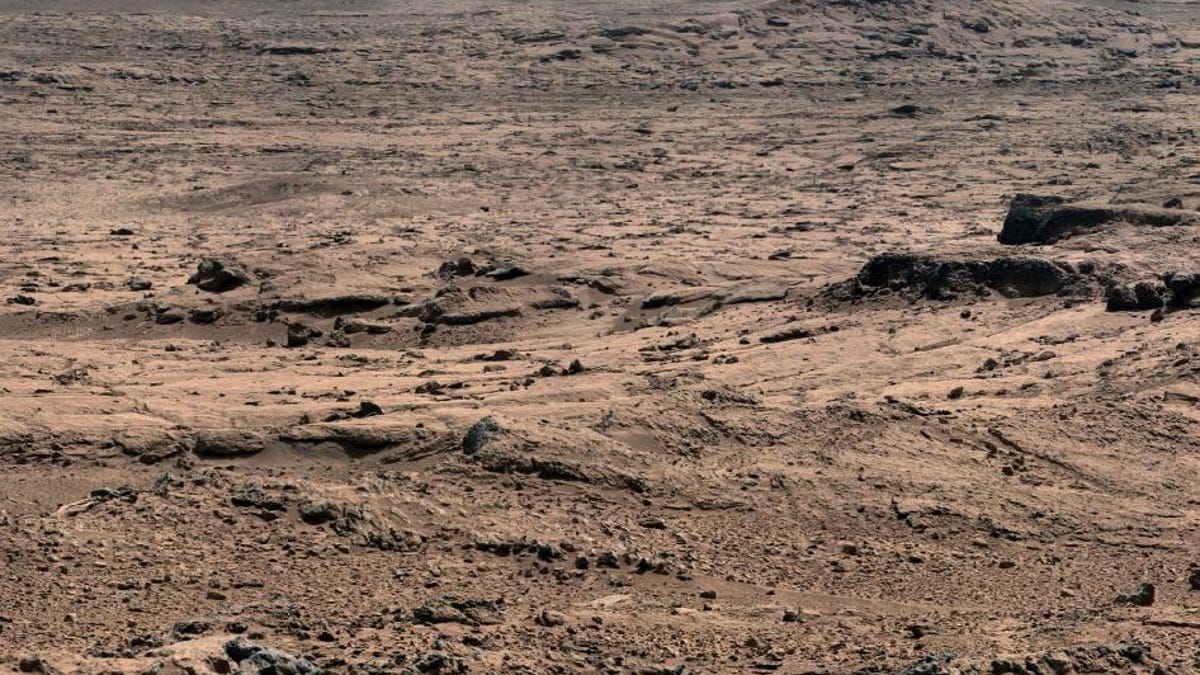Study: Earth microbes could survive Martian conditions
If NASA isn't extremely careful about sterilization, then life on Mars could end up being exactly the same as certain forms of bacteria life on Earth.

The Mars Curiosity rover recently detected signs of organic compounds on the Red Planet, but NASA won't call the findings definitive. One holdup is the issue of contamination. The trace amounts may be the result of contamination from the rover itself.
The contamination issue could rear its head again should the rover or future expeditions turn up any microbes. Finding microbes on Mars would be a cause for scientific celebration, but a study published in "Proceedings of the National Academy of Sciences of the United States of America" shows that Earth microbes could very well survive in the brutal conditions on Mars.
The study's abstract sums up the issue like so: "The ability of terrestrial microorganisms to grow in the near-surface environment of Mars is of importance to the search for life and protection of that planet from forward contamination by human and robotic exploration."
Researchers from the U.S. and Russia pulled bacteria from permafrost and subjected them to conditions found on Mars. That meant low pressure, oxygen deprivation, and cold. Most of them didn't make it.
This brings us to the Keith Richards of the microbe world. The fairly widespread Carnobacterium is a hardy microbe that laughs in the face of a lack of oxygen. Put it on Mars and it might very well think it's taking a relaxing vacation.
Though the experiment wasn't able to perfectly match all the harsh conditions of Mars, it does give hope that bacteria native to the planet could still be hanging on for dear life there. For NASA, this highlights the necessity of careful sterilization procedures for any items packed off to Mars. It would be unfortunate if a rover found bacteria, we all got crazy excited, and then we discovered it was just a hitchhiker.
(Via io9)

